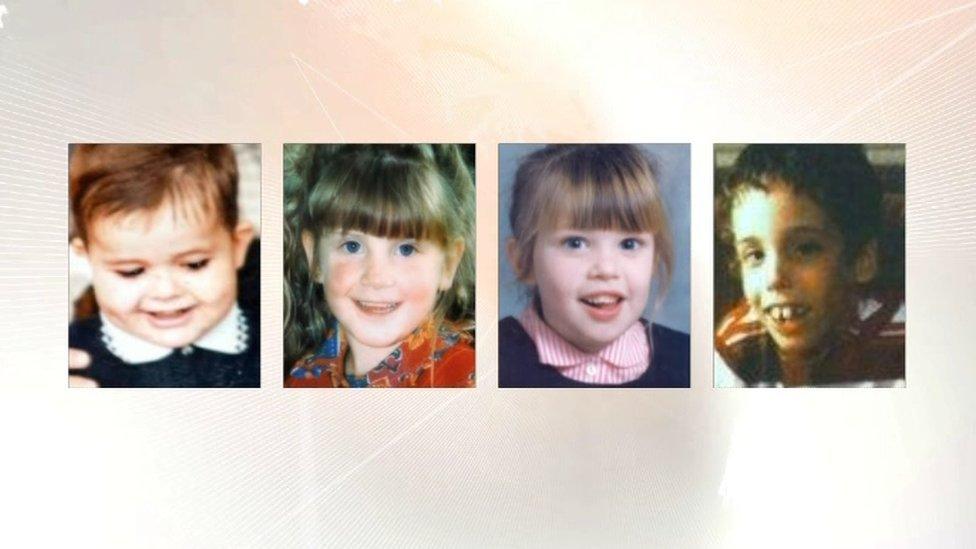Claire Roberts: CMO used 'clumsy' language to schoolgirl's family
- Published
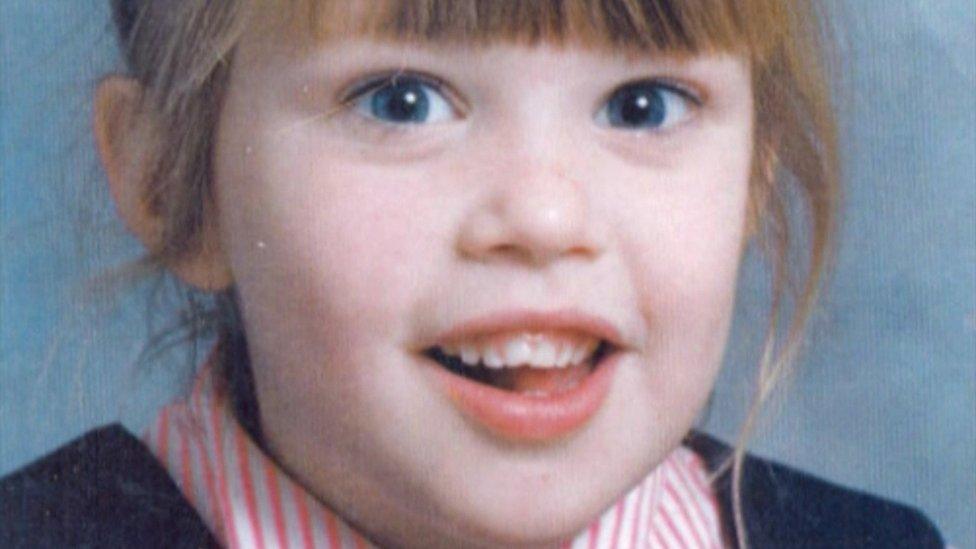
Nine-year-old Claire Roberts died in Belfast's Royal Hospital for Sick Children in 1996
The chief medical officer has told a tribunal he used "clumsy" language in correspondence with the family of a girl who died at the Royal Belfast Hospital for Sick Children in 1996.
Dr Michael McBride was giving evidence at a misconduct case brought by the General Medical Council (GMC) against a paediatrician, Dr Heather Steen.
She is accused of failings following the death of Claire Roberts.
Her death was examined as part of the Hyponatraemia Inquiry.
Earlier this week, a request by Dr Steen to be voluntarily removed from the medical register on health grounds was rejected by the tribunal and the hearing continued.
The tribunal is examining allegations that between October 1996 and May 2006, Dr Steen "knowingly and dishonestly carried out several actions to conceal the true circumstances" of the child's death.
During a brief appearance at the tribunal on Friday, Dr McBride, a former medical director of the Royal Group of Hospitals, was asked by a lawyer for the General Medical Council about a letter he sent to the family of Claire Roberts, after her death.
In the correspondence, he said there may have been "a care management problem" in relation to the schoolgirl's time in the hospital.
When he was asked to explain what he meant, Dr McBride told the tribunal that his words were "clumsy".

Dr McBride is a former Medical Director of the Royal Group of Hospitals
He said that he had intended to refer to how the use of intravenous fluids may have been a problem leading to the deterioration and death of their daughter.
When the GMC lawyer, Tom Forster, QC, asked: "That was your thinking?"
Dr Mc Bride replied: "Yes."
The Hyponatraemia Inquiry, which was one of Northern Ireland's longest running public inquiries, examined the role of several doctors.
Among his findings, the inquiry's chairman Mr Justice O'Hara said there had been a "cover-up" to "avoid scrutiny".
The inquiry examined the hospital deaths of three children, the aftermath of the death of a fourth and issues arising from the death of a fifth.
In December 2012, Dr Steen told the public inquiry that she denied claims of a cover-up into Claire Roberts' death.
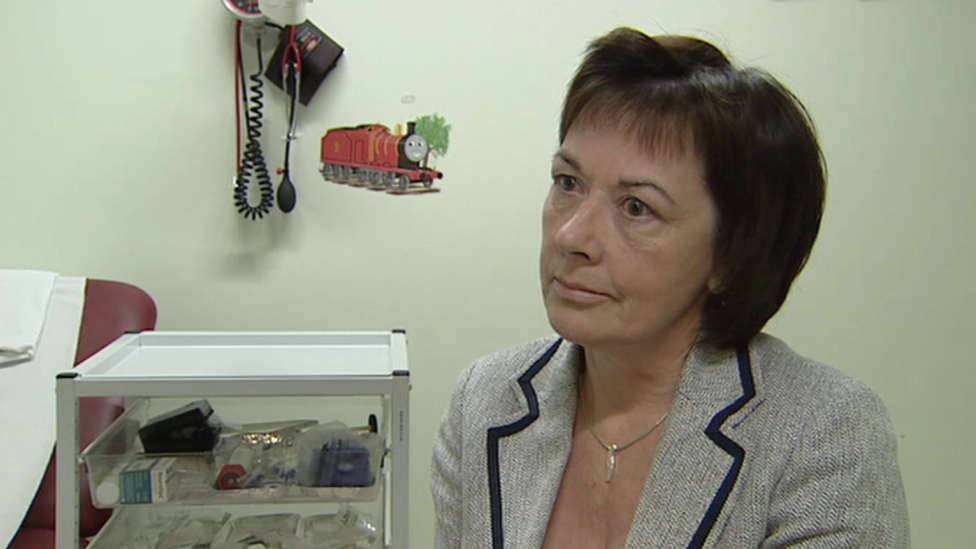
Dr Heather Steen, pictured in 2009, has previously denied there had been a cover-up in Claire Roberts' death
Two days before Claire's death, she had become ill with symptoms including vomiting and drowsiness - it was believed she was suffering from a stomach bug.
After she was referred by her GP, hospital doctors prescribed intravenous fluids.
However, Claire was given a fatal overdose of fluids and medication.
The Medical Practitioners Tribunal Service is investigating a number of doctors involved in all the cases.
Previously the GMC said it was in the public interest to waive the five-year rule which means a complaint against a doctor has to be made within five years of any incident.
The hearing continues
Related topics
- Published31 March 2022

- Published30 March 2022

- Published29 March 2022

- Published31 January 2018
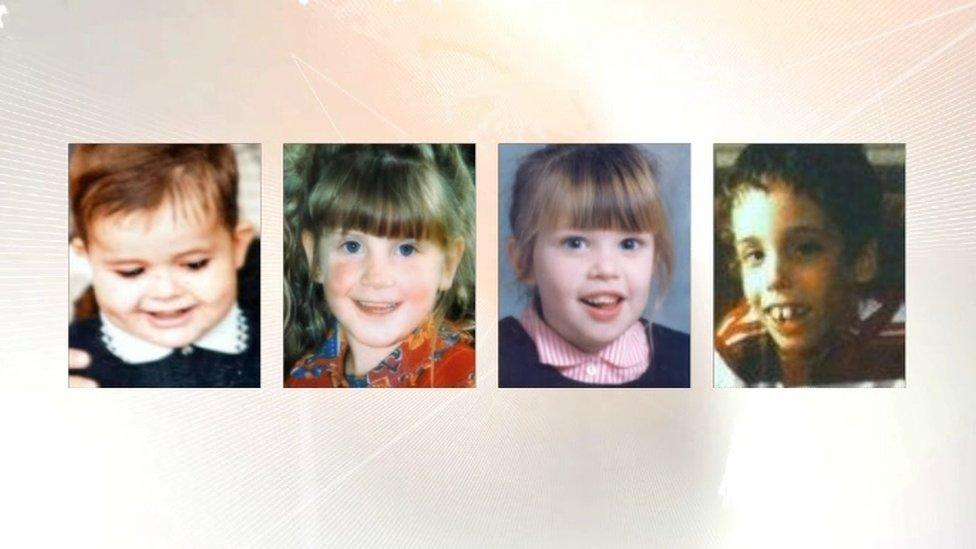
- Published8 May 2018
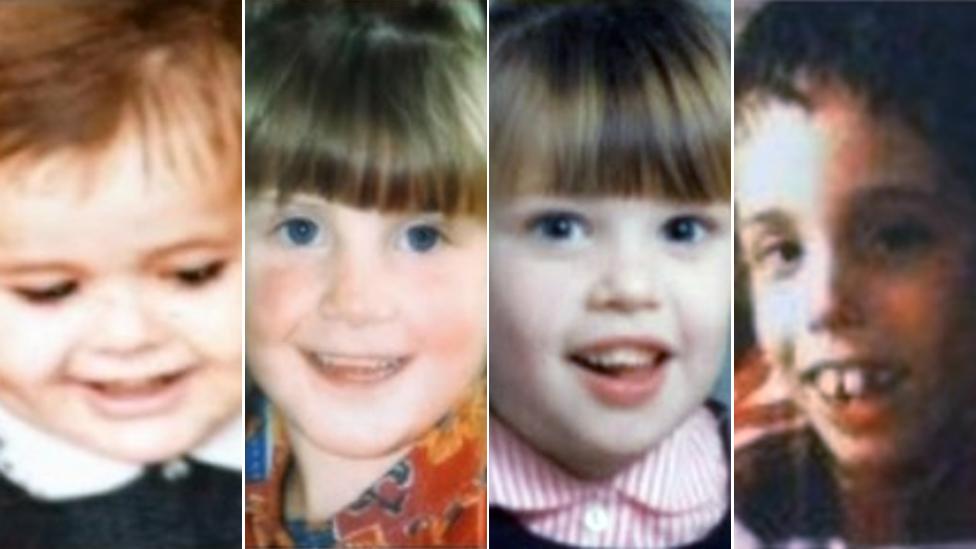
- Published31 January 2018
